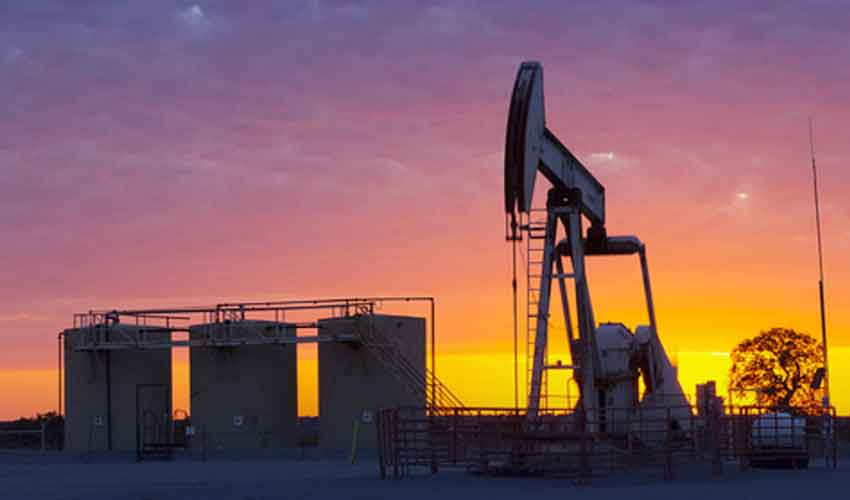Islamabad: In a move aimed at balancing its trade relationship with the United States and potentially mitigating newly imposed tariffs, Pakistan is actively considering importing crude oil from the US for the first time.
According to a government source directly involved in the matter and a senior executive from the refining sector, the proposal is currently under review and may soon be presented for the prime minister’s approval.
The proposal to source American crude oil comes amid broader global efforts by countries to reduce their trade imbalances with the US.
These efforts have intensified following President Donald Trump’s sweeping tariff policies, which have rattled international markets and prompted many economies to reassess their trade strategies.
Among these policies is a baseline 10 percent tariff on all imports into the United States, accompanied by steeper tariffs targeting specific countries. Pakistan currently faces a 29 percent tariff due to its $3 billion trade surplus with the US—a measure that is currently subject to a temporary 90-day suspension announced by President Trump last week.
Speaking on the condition of anonymity, a government official confirmed that purchasing US crude is one of the options under active examination by policymakers.
“It is one of the products being reviewed ahead of a delegation leaving for the US to talk about tariffs,” the official said. “We are exploring opportunities and the structure to do it, but the PM has to approve it.”
Basic Calculations
The concept under discussion would see Pakistan importing US crude oil in amounts roughly equal to its existing annual spending on oil and refined petroleum products—approximately $1 billion.
A senior executive from the refining industry, who also requested anonymity due to the preliminary nature of the discussions, said that this would represent a significant shift in Pakistan’s energy sourcing policy, traditionally dominated by imports from the Middle East.
Currently, Pakistan imports an estimated 137,000 barrels per day of crude oil, with the bulk coming from light crude suppliers in the Gulf region.
Saudi Arabia and the United Arab Emirates remain Pakistan’s primary oil partners. In total, Pakistan’s oil imports were valued at $5.1 billion in 2024, according to figures from the State Bank of Pakistan.
Efforts to diversify energy sources come at a time when Pakistan remains heavily reliant on financial assistance from long-standing partners.
Read More: Trump Tariffs Pose $1.4 Bln Threat to Pakistan Exports
In February 2024, Saudi Arabia extended a $1.2 billion oil financing facility through its Saudi Fund for Development (SFD), intended to cover Pakistan’s oil import needs for one year. Since 2019, the SFD has provided approximately $6.7 billion in such support to Islamabad.
As Pakistan prepares to dispatch a delegation to the United States in the coming weeks to negotiate tariff relief, officials see oil imports from the US as a potentially strategic gesture aimed at reducing trade tensions.
The move also mirrors efforts by other major energy-importing nations attempting to rebalance their trade ties with Washington.
Just last week, India’s state-run gas company, GAIL India Ltd, issued a tender seeking to purchase a 26 percent stake in a US-based liquefied natural gas (LNG) project.
The plan includes long-term LNG imports from the United States.
Simultaneously, countries like Japan, South Korea, and Taiwan have expressed interest in participating in a major LNG project in Alaska, further highlighting the global trend of engaging with the US energy sector to address trade concerns.
Also Read: Tariffs: Pakistan Proposes 10% U.S. Crude Oil and Petrol Imports
Pakistan’s Ministry of Energy and Petroleum has yet to issue an official statement regarding the proposed US crude imports.
However, the discussion marks a notable shift in Pakistan’s approach to trade diplomacy and signals a willingness to diversify energy sources in pursuit of broader economic objectives.
